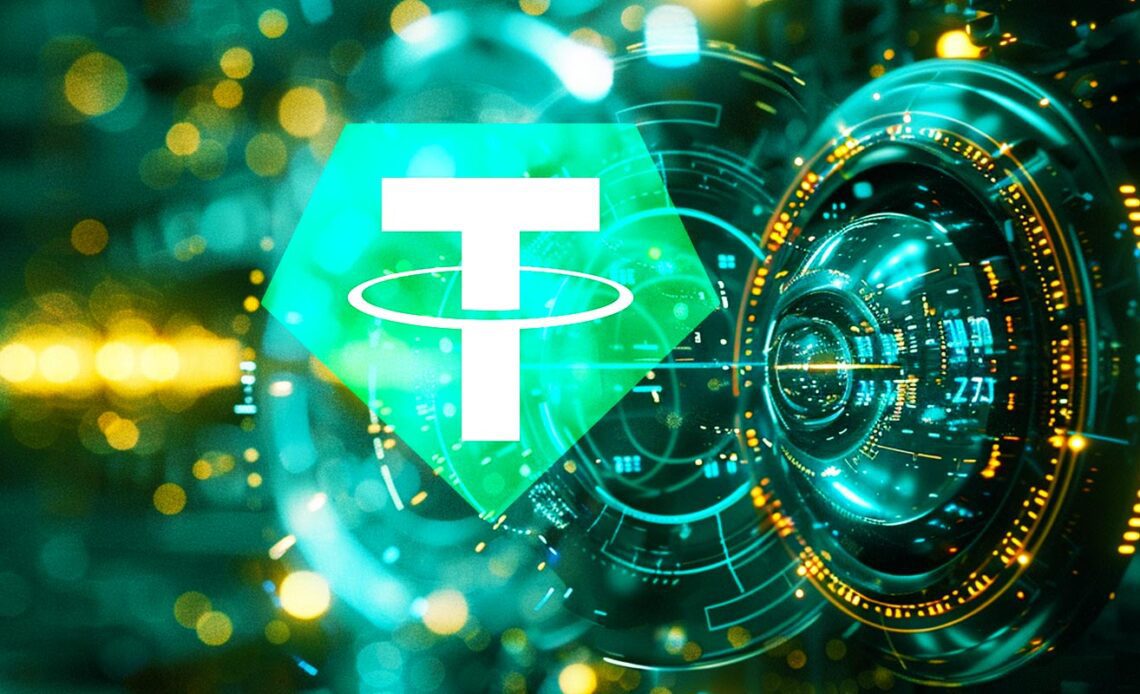A Circle executive told Congress this week that she hopes the U.S. Treasury Department considers taking action against Tether.
Caroline Hill, senior director of global policy and regulatory strategy at Circle, testified before the House Subcommittee on Digital Assets, Financial Technology, and Inclusion on Thursday.
Circle issues USDC, the second-largest stablecoin by market cap.
Representative Wiley Nickel (D-North Carolina) asked Hill about Tether, which issues the top stablecoin USDT.
“US financial services company Cantor Fitzgerald reportedly manages Tether’s $72 billion portfolio of Treasury bonds, giving them access to US dollars. Cantor’s enabling of terror and illicit activity across the globe is unacceptable. Ms. Hill, given Tether’s nexus to the US financial system through Cantor Fitzgerald, does Treasury already have the authority to take action?”
Hill says she believes the Treasury Department has the authority to take action on Tether given the company’s “US touchpoint” via Cantor Fitzgerald.
“And I hope that they’re looking at this seriously given Tether’s reputation, as well as the data that we’ve seen that they’re contributing to terrorist financing and other malign activity.”
Cantor’s chief executive, Howard Lutnick, told Bloomberg in January that the firm manages “many” of Tether’s assets. Lutnick also vouched for Tether’s balance sheet, arguing that they “have the money they say they have.”
In her testimony, Hill also argues that dollar-pegged stablecoins should share US values.
“I personally believe that no company should be allowed to reference the US dollar without having those democratic values inside the company, inside their US dollar-backed stablecoin. And so if Treasury thinks that it needs additional authorities to go over that, then I think that this committee should consider that.”
In a report earlier this year, the United Nations Office on Drugs and Crime (UNODC) claimed criminals in East and Southeast Asia prefer to use USDT on the Tron (TRX) blockchain due to its stability, ease, anonymity and low transaction fees.
The UNODC said fraudsters and money launderers tend to funnel the USDT through online gambling platforms that are often operating illegally.
The UN report cited several examples, including Tether’s move in November to freeze $225 million worth of USDT in certain Southeast Asian wallets after an investigation led by the U.S. Department of Justice…
Click Here to Read the Full Original Article at The Daily Hodl…
























